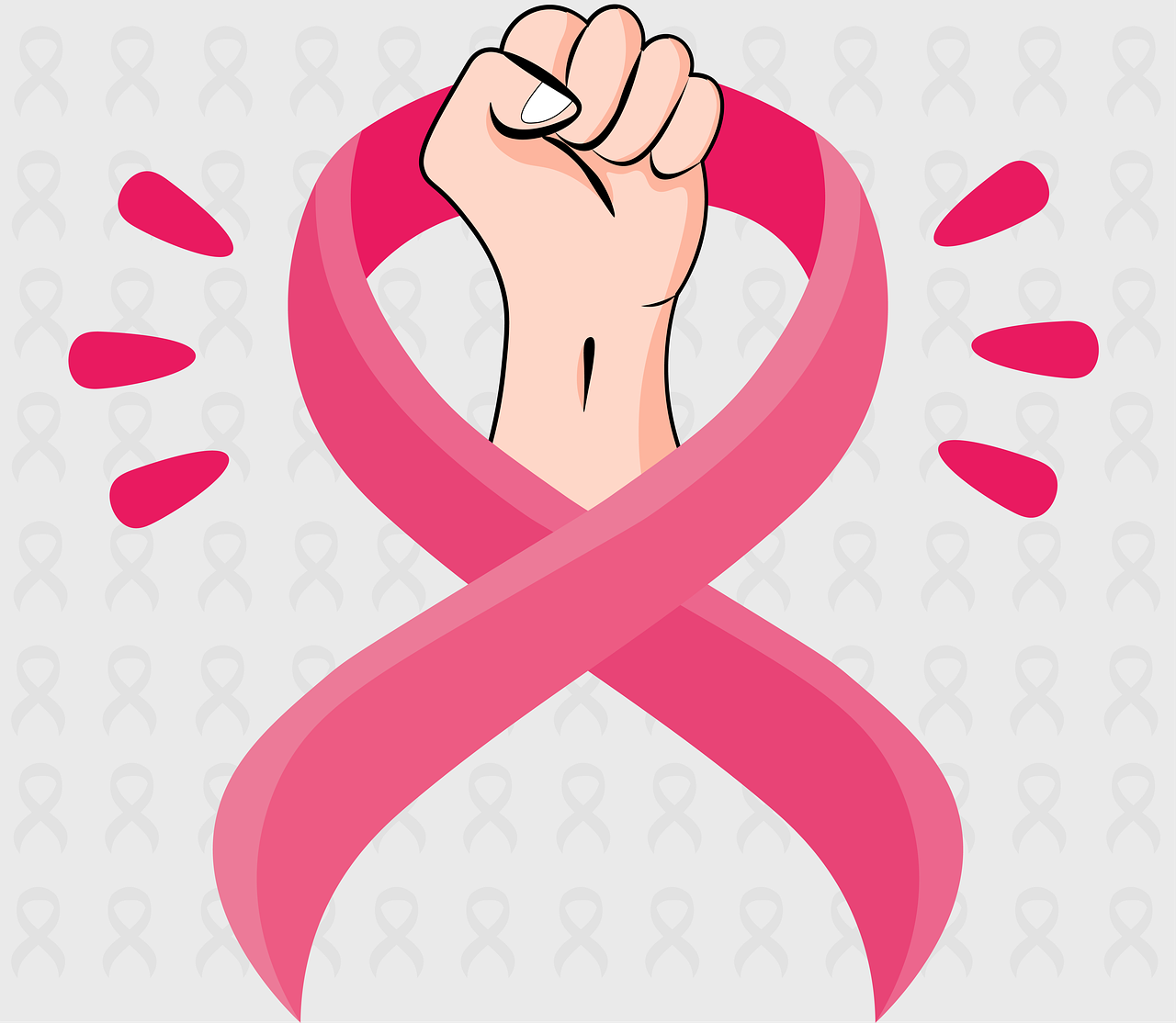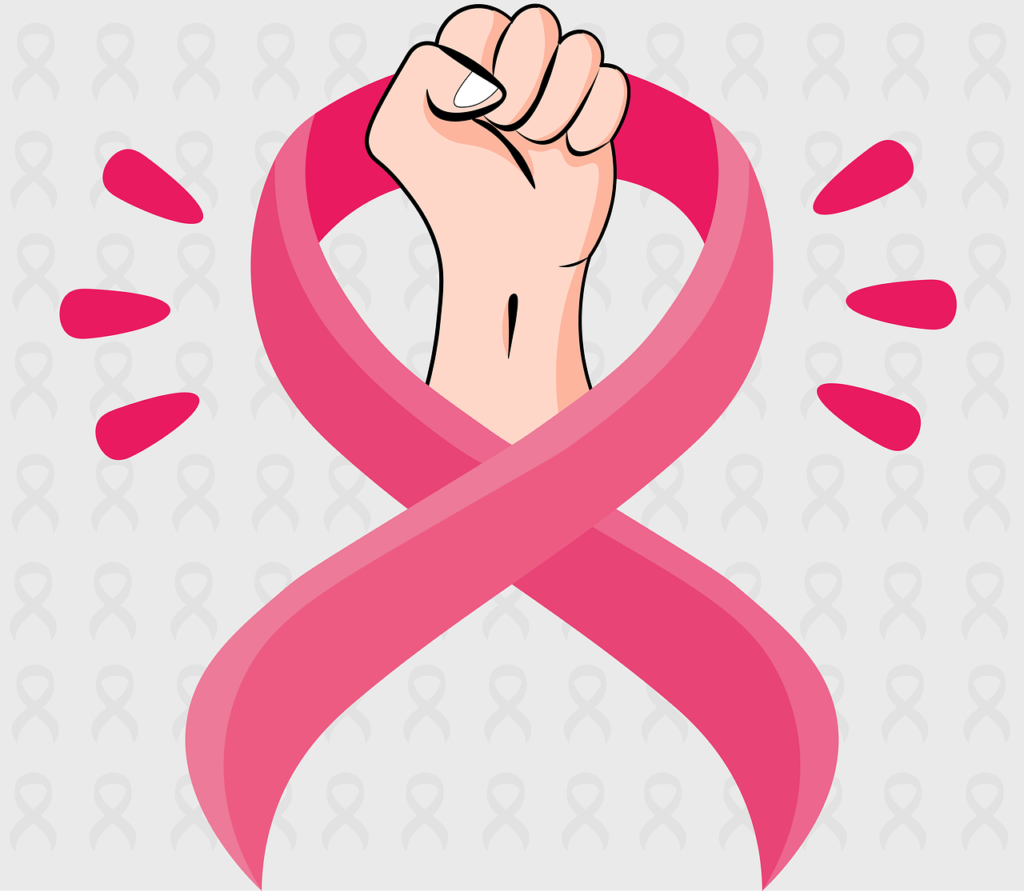In the ever-evolving landscape of cancer research, vaccination has emerged as a groundbreaking strategy to combat the disease. Dr. Nived Rao, renowned as one of the best surgical oncologists in Hyderabad, is at the forefront of this innovative approach. His pioneering work in the field of cancer vaccinations is transforming the way we perceive and combat cancer.
Cancer vaccinations involve training the immune system to recognize and destroy cancer cells, offering a potential shield against this formidable adversary. These vaccines are designed to target specific tumor antigens, stimulating the body’s natural defenses to seek out and destroy cancer cells.
Dr. Nived Rao’s expertise and dedication to this cutting-edge technique have provided hope to countless patients in their battle against cancer. His innovative research and successful clinical outcomes underscore the immense potential of cancer vaccinations in the fight against various forms of this disease.
Life following surgeries are the most common once, as patients recover and regain their strength. Dr. Nived Rao’s commitment to the field of surgical oncology and cancer vaccinations continues to inspire hope for a future where cancer may be prevented and defeated with greater effectiveness.
types of vaccinations

HPV Vaccine

Hepatitis B Vaccine

Hepatitis C Vaccine
FAQ's
What are cancer vaccines, and how do they work?
Cancer vaccines are designed to stimulate the immune system to recognize and destroy cancer cells. They can prevent cancer, like the HPV vaccine, or treat existing cancer by enhancing the body’s natural defense mechanisms.
Are cancer vaccines a replacement for other cancer treatments?
Dr. Nived Rao emphasizes that cancer vaccines are typically used in conjunction with traditional cancer treatments, such as surgery, chemotherapy, and radiation therapy. They serve as an additional tool to bolster the immune response against cancer.
Can cancer vaccines be effective against all types of cancer?
Not all cancers have an effective vaccine, and their success varies. Dr. Nived Rao advises that the efficacy of cancer vaccines is largely determined by the type of cancer, the stage at which it’s diagnosed, and individual patient factors.
Who should consider getting cancer vaccines?
The target audience for cancer vaccines varies. Dr. Nived Rao advises that individuals should consult with their healthcare providers to determine if they are suitable candidates for specific cancer vaccines, such as the HPV vaccine for cervical cancer prevention.
What are the common side effects of cancer vaccines?
Side effects can include mild pain, swelling, or redness at the injection site, along with flu-like symptoms. Dr. Nived Rao suggests that these side effects are usually temporary and manageable.
What role does early detection play in cancer vaccination?
Early detection remains a critical aspect of cancer prevention and treatment. Dr. Nived Rao underscores that when cancer is detected in its early stages, it often responds better to vaccines and other treatments, improving the overall prognosis.
